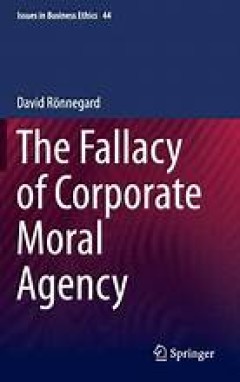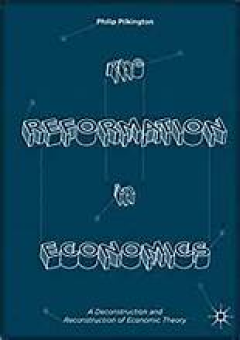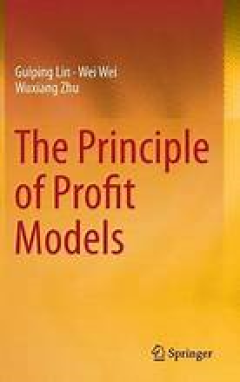Filter by

Understanding Auctions
In recent years, auctions have become an important field and many markets have designed new and sophisticated auction models to assign different types of items. The prime goal of this book is to set an organized classification of the main auction mechanisms in a way that readers can understand the importance of auction design and the advantages and drawbacks of each model. Given the relevance o…
- Edition
- -
- ISBN/ISSN
- 978-3-319-08813-6
- Collation
- -
- Series Title
- -
- Call Number
- -

Individual and Collective Choice and Social Welfare Essays in Honor of Nick …
The papers in this volume explore various issues relating to theories of individual and collective choice, and theories of social welfare. The topics include individual and collective rationality, motivation and intention in economics, coercion, public goods, climate change, and voting theory. The book offers an excellent overview over latest research in these fields.
- Edition
- -
- ISBN/ISSN
- 978-3-662-46438-0
- Collation
- X, 377
- Series Title
- -
- Call Number
- 330

The Fallacy of Corporate Moral Agency
It is uncontroversial that corporations are legal agents that can be held legally responsible, but can corporations also be moral agents that are morally responsible? Part one of this book explicates the most prominent theories of corporate moral agency and provides a detailed debunking of why corporate moral agency is a fallacy. This implies that talk of corporate moral responsibilities, beyon…
- Edition
- 1
- ISBN/ISSN
- 978-94-017-9756-6
- Collation
- XIV, 218, 7 b/w illustrations
- Series Title
- Issues in Business Ethics
- Call Number
- -

The Economics of the Global Environment
This is the first book combining research on the Global Environment, Catastrophic Risks and Economic Theory and Policy. Modern economic theory originated in the middle of the twentieth century when industrial expansion coupled with population growth led to a voracious use of natural resources and global environmental concerns. It is uncontested that, for the first time in recorded history, huma…
- Edition
- 1
- ISBN/ISSN
- 978-3-319-31943-8
- Collation
- VII, 649, 30 b/w illustrations, 46 illustrations in colour
- Series Title
- -
- Call Number
- -

The Reformation in Economics
This book carves the beginnings of a new path in the arguably weary discipline of economics. It combines a variety of perspectives – from the history of ideas to epistemology – in order to try to understand what has gone so wrong with economics and articulate a coherent way forward. This is undertaken through a dual path of deconstruction and reconstruction. Mainstream economics is broken d…
- Edition
- 1
- ISBN/ISSN
- 978-3-319-40757-9
- Collation
- XV, 368, 2 b/w illustrations, 19 illustrations in colour
- Series Title
- -
- Call Number
- -

The Principle of Profit Models
This book mainly focuses on defining profit models, on how many main kinds of profit models there are, how profit models can change a company, and how to tailor a profit model to the needs of a certain company. In this context, profit models are classified as fixed-income, remaining-profit and profit-sharing, admission, toll, parking, fuel and sharing fees, profit sources, customer pricing, auc…
- Edition
- 1
- ISBN/ISSN
- 978-3-662-44714-7
- Collation
- XIV, 184
- Series Title
- -
- Call Number
- -
 Computer Science, Information & General Works
Computer Science, Information & General Works  Philosophy & Psychology
Philosophy & Psychology  Religion
Religion  Social Sciences
Social Sciences  Language
Language  Pure Science
Pure Science  Applied Sciences
Applied Sciences  Art & Recreation
Art & Recreation  Literature
Literature  History & Geography
History & Geography